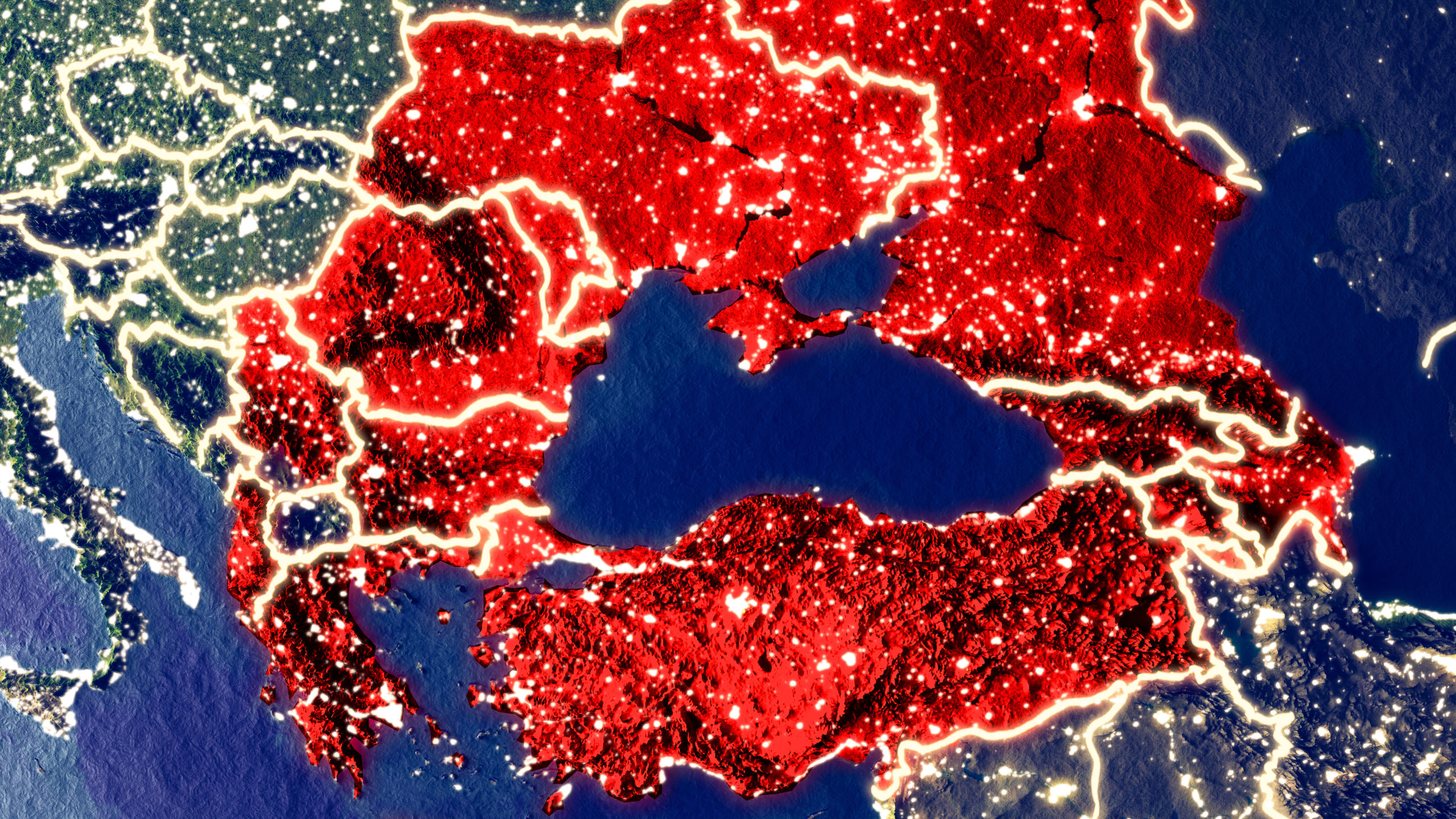The Russian invasion of Ukraine in 2022 has triggered a seismic shift in the European security landscape, compelling NATO and the European Union to reassess and adapt their strategic priorities. The designation of the Black Sea as an area of key security concern by NATO reflects the urgent need for a comprehensive response to Russia’s unprovoked aggression. While the Southeastern flank is now receiving increased attention, the Black Sea region faces challenges in achieving the same level of intra-NATO and regional security cooperation seen in the Baltic Sea.
The countries in the wider Black Sea region agree on the diagnostic regarding Russia’s revisionism and bellicose behavior, but partly diverge when it comes to the adequate response. This divergence poses significant issues for enhancing regional security and political cooperation at a time of intense volatility.
A new paper from GlobalFocus Center Associate Fellows Marius Ghincea and Alina Inayeh delves into the key challenges facing security cooperation in the wider Black Sea region and provides a set of clear-sighted potential pathways for enhancing the collaboration between NATO members and partner countries, taking into account the strategic differences hindering the creation of a unified front against Russia’s aggression.
This publication is the result of a regional collaborative effort combining the authors’ input, as well as the valuable knowledge shared by a series of experts and officials during the roundtable on “Advancing cooperative security beyond NATO/EU borders – Prospects for enhanced regional security cooperation among Black Sea littoral states”, which took place in November 2023, in Sofia, with support from our partners: Sofia Security Forum, NATO Public Diplomacy Division, the Friedrich Naumann Foundation for Freedom and the Embassy of Romania to the Republic of Bulgaria.





